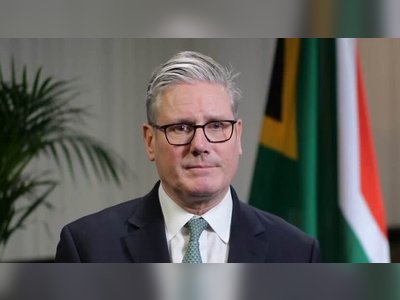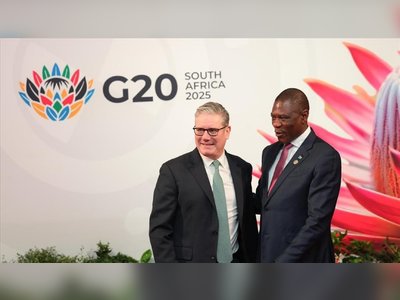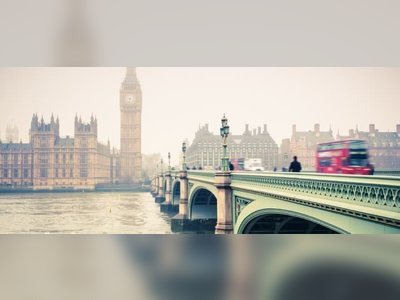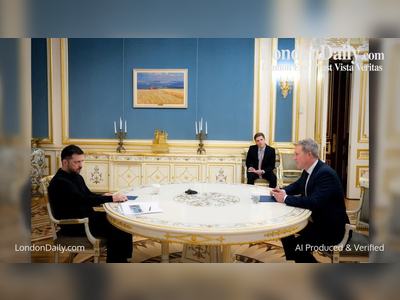Johnson Blasts ‘Incoherent’ Covid Inquiry Findings Amid Report’s Harsh Critique of His Government
Former UK prime minister rejects public inquiry’s verdict that his administration delayed pandemic action and fostered a toxic culture
Former Prime Minister Boris Johnson has strongly criticised the latest report from the UK Covid‑19 Inquiry, calling it “hopelessly incoherent” after it faulted his government’s handling of the pandemic and the culture within Downing Street.
In a social-media post and accompanying piece in a national tabloid, he rejected the conclusions of the inquiry, which said his administration acted “too little, too late” and presided over a decision-making environment that was “chaotic” and under-resourced.
The inquiry, led by Heather Hallett, concluded that thousands of lives were lost because the first national lockdown was imposed later than in most comparable European states.
It also condemned the culture around Johnson’s inner circle, particularly citing the influence of adviser Dominic Cummings and describing the environment as dysfunctional and lacking urgency.
Johnson’s response not only framed the report as disjointed, but also questioned its grasp of the real pressures faced by government at the time.
In his post he lamented that “more than three years after the end of the pandemic, they are still wrangling about what went wrong,” suggesting the process was failing to deliver clarity.
Meanwhile, families of those who died have called for his current privileges—as a former prime minister—to be revoked, saying accountability must follow.
The government has indicated it will consider the inquiry’s recommendations, while Johnson’s rebuttal signals an intensified battle over public memory and responsibility for one of Britain’s worst public-health crises.
With further modules of the inquiry still to come, the debate over leadership, delay and decision-making will remain at the heart of Britain’s pandemic legacy.
In a social-media post and accompanying piece in a national tabloid, he rejected the conclusions of the inquiry, which said his administration acted “too little, too late” and presided over a decision-making environment that was “chaotic” and under-resourced.
The inquiry, led by Heather Hallett, concluded that thousands of lives were lost because the first national lockdown was imposed later than in most comparable European states.
It also condemned the culture around Johnson’s inner circle, particularly citing the influence of adviser Dominic Cummings and describing the environment as dysfunctional and lacking urgency.
Johnson’s response not only framed the report as disjointed, but also questioned its grasp of the real pressures faced by government at the time.
In his post he lamented that “more than three years after the end of the pandemic, they are still wrangling about what went wrong,” suggesting the process was failing to deliver clarity.
Meanwhile, families of those who died have called for his current privileges—as a former prime minister—to be revoked, saying accountability must follow.
The government has indicated it will consider the inquiry’s recommendations, while Johnson’s rebuttal signals an intensified battle over public memory and responsibility for one of Britain’s worst public-health crises.
With further modules of the inquiry still to come, the debate over leadership, delay and decision-making will remain at the heart of Britain’s pandemic legacy.










